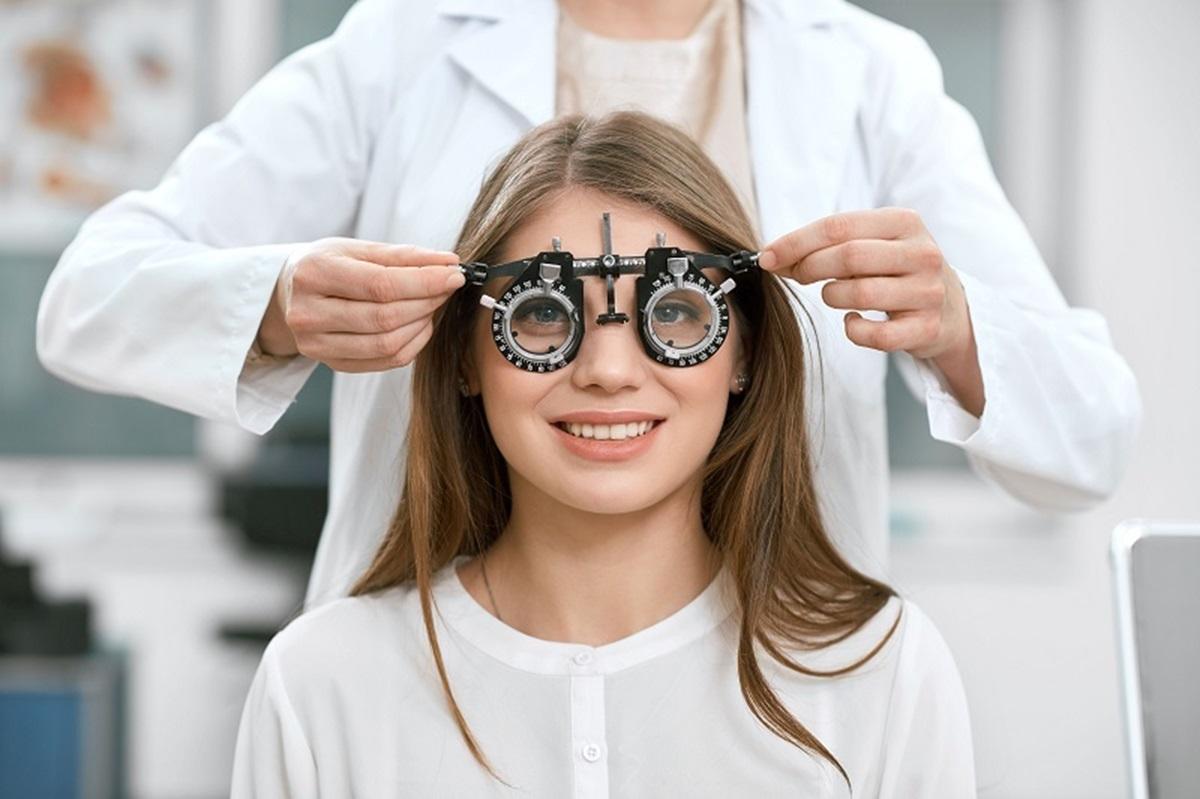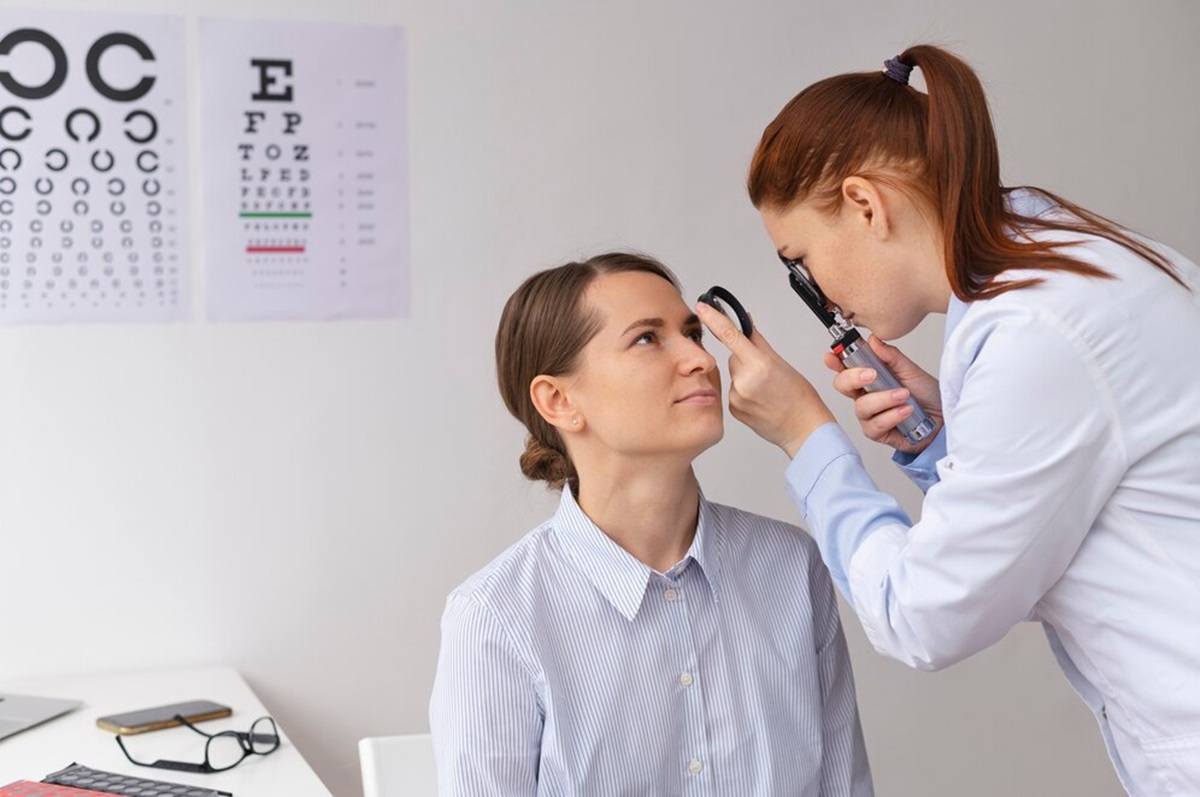Tips for Finding the Right Specialist in Behavioral Optometry

Finding the right behavioral optometry specialist can feel overwhelming, especially when you're not entirely sure what sets them apart from regular optometrists. The good news is that with the right guidance, you can find a practitioner who'll address not just how clearly you see, but how efficiently your entire visual system works.
This comprehensive guide will walk you through everything you need to know about behavioural optometry. You'll learn how to identify when you might benefit from this specialised approach, what qualifications to look for, and which questions to ask during consultations. We'll also explore treatment options, help you spot potential red flags, and provide a practical checklist to make your final decision with confidence.
Understanding Behavioral Optometry
behavioral optometry takes a holistic approach to vision care that goes well beyond checking whether you need glasses. While traditional optometry focuses primarily on visual acuity (how clearly you can see), behavioral optometry examines how your entire visual system functions as you interact with your environment. Think of it as the difference between checking if a car's engine runs versus evaluating how well the entire vehicle performs on the road.
This specialised field recognises that vision involves much more than just the eyes. It encompasses how your brain processes visual information, how your eyes work together as a team, and how visual skills integrate with other sensory systems. Behavioural optometrists look at factors like eye tracking, focusing flexibility, depth perception, and visual-motor integration – skills that are crucial for reading, learning, and everyday activities.
Signs You or Your Child May Benefit from a Behavioral Optometry
Recognising when to seek help from a behavioural optometrist isn't always straightforward. Many signs of visual dysfunction can masquerade as other issues, particularly in children who might be labelled as having attention problems or learning difficulties. If your child frequently loses their place while reading, skips words or entire lines, or complains that text appears to move on the page, these could indicate underlying visual processing issues rather than comprehension problems.
Physical symptoms often provide important clues as well. Regular headaches during or after visual tasks, excessive eye rubbing, closing one eye while reading, or tilting the head at unusual angles can all signal that the visual system is working harder than it should. You might notice your child holding books extremely close to their face or sitting unusually near to the television. Adults aren't immune either – if you find yourself experiencing frequent eye strain at work, difficulty switching focus between distances, or persistent neck and shoulder tension, a behavioral optometry assessment could reveal surprising connections.
How to Research and Compare Behavioral Optometrists
Finding the right behavioral optometry specialist requires thoughtful research beyond simply choosing the closest clinic. Start your search by checking the ACBO website for registered practitioners in Melbourne, as this ensures you're considering properly qualified professionals. Online reviews and testimonials can provide valuable insights, but remember to look for detailed feedback about specific conditions or treatments rather than just general satisfaction ratings.
Personal recommendations often prove invaluable when selecting healthcare providers. Talk to teachers, occupational therapists, or other healthcare professionals who work with vision-related issues – they often have first-hand experience with local behavioural optometrists. Parent groups and educational support networks can also be excellent sources of recommendations, particularly if you're seeking help for a child with learning difficulties.
What to Expect During a Behavioral Optometry Assessment
A behavioral optometry assessment differs significantly from a standard eye examination, typically lasting between 60 to 90 minutes. The extended timeframe allows for a thorough evaluation of not just visual acuity, but the entire visual system's functionality. Your optometrist will begin with a detailed history, asking about visual symptoms, general health, developmental milestones (for children), and how vision impacts daily activities. This conversation helps them understand your unique visual demands and challenges.
Understanding Treatment Options and Vision Therapy Programmes
Treatment in behavioral optometry extends far beyond prescribing glasses or contact lenses. While corrective lenses might form part of the solution, they're often just one component of a comprehensive treatment plan. Vision therapy programmes are individually designed to address specific visual deficits through a series of exercises and activities. These programmes work like physiotherapy for your visual system, gradually building stronger and more efficient visual skills.
Red Flags to Avoid When Choosing a Practitioner
While most behavioural optometrists maintain high professional standards, being aware of potential red flags helps protect you from inadequate care. Be cautious of practitioners who promise unrealistic outcomes or claim their methods can cure conditions beyond the scope of vision care. behavioral optometry can significantly improve visual function, but it's not a miracle cure for all learning or developmental challenges. Legitimate practitioners will be honest about what vision therapy can and cannot achieve.
While behavioral optometry services typically cost more than standard eye care due to their comprehensive nature, be cautious of practitioners who demand large upfront payments for extended programmes without clear treatment plans. Legitimate practitioners should provide transparent fee structures, realistic treatment timelines, and regular progress reviews. They should also be willing to communicate with other healthcare providers involved in your care.
Conclusion
Finding the right behavioral optometry specialist oesn't have to be an overwhelming process. By understanding what behavioral optometry offers and knowing what to look for in a practitioner, you're already well-equipped to make an informed decision. Remember that this specialised approach to vision care addresses much more than just visual clarity – it's about optimising how your entire visual system functions in daily life.
The key points to remember including checking for proper qualifications and ACBO membership, asking thorough questions during consultations, and being aware of both positive indicators and red flags. Take time to research your options, compare different practitioners, and trust your instincts about who feels like the right fit. Whether you're seeking help for a child struggling with learning, dealing with workplace visual stress, or recovering from a brain injury, the right behavioral optometry can make a significant difference.
Your vision impacts virtually every aspect of your daily life, from work and education to sports and leisure activities. Investing time in finding the right specialist is an investment in your overall quality of life. Don't settle for ongoing visual discomfort or accept that certain visual challenges are unchangeable. With the right behavioral optometry support, you might be surprised at how much your visual function can improve. Take that first step today – your eyes and brain will thank you for it.









